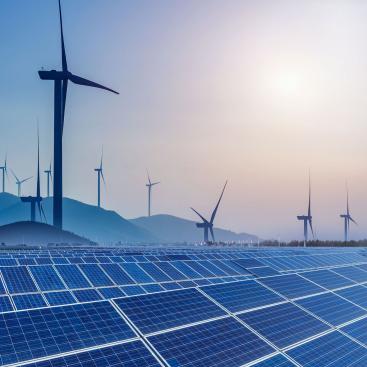Ideas

Mirova Women Leaders and Diversity - 2022 Impact Report
Published on 12/27/2023
Discover the 2022 Impact Report of Mirova Women Leaders and Diversity Equity Fund.

Across the Universe #4 - Biodiversity
Published on 12/20/2023
Discover our edition dedicated to Biodiversity

Mirovα, Creating Sustainable Value - December 2023
Published on 12/11/2023
Monthly Market Review and Outlook

Across the Universe #3 - Biodiversity
Published on 11/22/2023
Discover our edition dedicated to Biodiversity

Acting as a responsible investor 2022
Published on 10/13/2023
Sustainability Report (per Article 29-LEC, Taxonomy regulations & SFDR)
Nature is our most valuable asset #2
Published on 10/04/2023
In this video series, Mirova explores how investors can help preserve nature and ecosystems: nature is our most valuable asset.

The US and Europe: paving the way towards energy transition
Published on 09/29/2023
The winds of change are blowing: Mirova sees opportunity on both sides of the Atlantic

